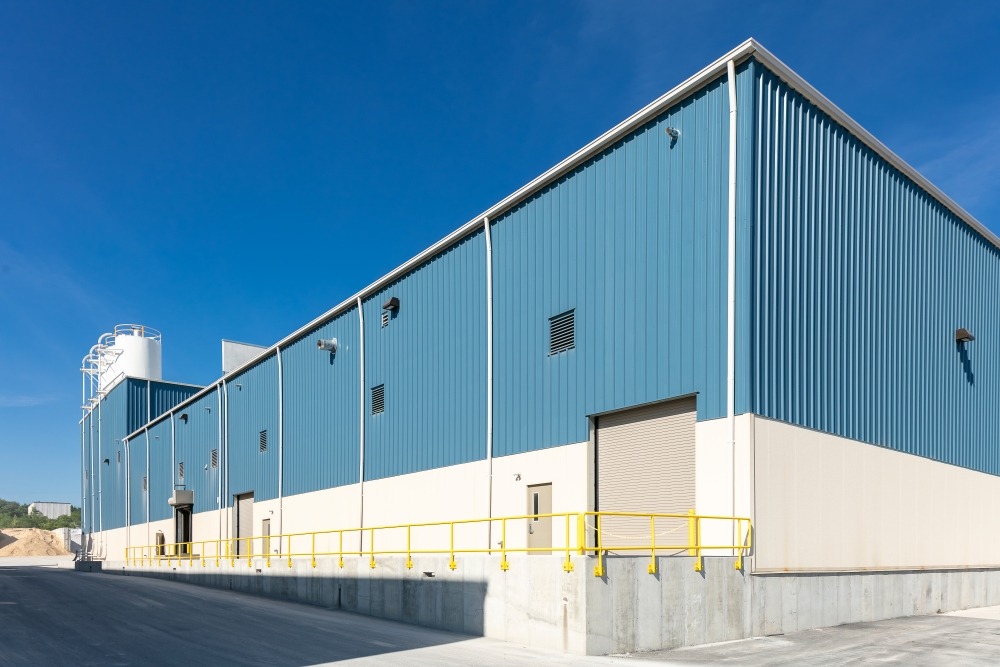
Starting a commercial construction project is a significant undertaking that requires careful planning, attention to detail, and informed decision-making. Whether you’re embarking on a new venture, expanding your existing facilities, or renovating a commercial space, there are several essential factors to consider before breaking ground. In this post, we’ll explore what you need to know before starting your next commercial construction project, with a focus on why Butler® Buildings may be the best choice for your specific needs.
1. Define Your Project Goals
Before diving into your commercial construction project, it’s crucial to define your goals and objectives. What is the purpose of your new construction or renovation? Are you looking to expand your business, improve operational efficiency, or create a new commercial space for lease? Understanding your project’s primary goals will guide the decision-making process and help you stay on track throughout the project’s lifecycle.
2. Budget and Financing
Establishing a realistic budget for your commercial construction project is essential. Consider all costs, including design, materials, labor, permits, and any unexpected contingencies. It’s also crucial to secure proper financing or funding sources to ensure the project’s successful completion. Financial planning and budgeting are critical to avoiding delays and cost overruns.
3. Select the Right Building System
Choosing the right building system is a crucial decision that can significantly impact your project’s success. Butler building systems, with their proven track record and versatility, should be a top consideration. These pre-engineered metal building systems offer design flexibility, energy efficiency, and rapid construction, making them an ideal choice for various commercial applications, from warehouses to retail spaces.
4. Plan and Design
Effective planning and design are essential to ensuring that your commercial construction project meets your needs and objectives. Work closely with architects, engineers, and construction professionals to create a detailed plan that includes layouts, blueprints, and specifications. Ensure that your design aligns with local building codes and regulations. Design build construction has become the most utilized construction method today. Find out how a design build contractor can get you to a budget quicker and prevent future change orders and delays.
5. Permits and Regulations

Navigating the permitting process and complying with local regulations and building codes is a critical aspect of any commercial construction project. Ensure that you have a clear understanding of the permitting requirements in your area and work with professionals who are experienced in securing the necessary approvals.
6. Construction Timeline
Develop a realistic construction timeline that outlines the project’s milestones, from groundbreaking to completion. Be prepared for potential delays due to weather, unforeseen challenges, or changes in scope. Effective project management is essential to keeping the project on schedule and within budget.
7. Sustainability and Energy Efficiency
Incorporating sustainability and energy-efficient features into your commercial construction project is not only environmentally responsible but also cost-effective in the long run. Butler Buildings, with their energy-efficient design options, can help you meet or exceed energy code compliance requirements and reduce operational expenses. Tested assemblies by Butler assist you in code compliance and help to more accurately predict future energy use.
8. Contractor Selection
Selecting the right contractor for your commercial construction project is crucial. Research and interview potential contractors, check their references, and review their past projects. A reputable and experienced Butler Builder® can play a significant role in the project’s success.
9. Communication and Collaboration
Effective communication and collaboration among all project stakeholders are essential for a smooth construction process. Establish clear lines of communication and regular project updates to ensure that everyone is on the same page.
Conclusion
Starting a commercial construction project is a complex endeavor that requires careful planning, budgeting, and execution. By defining your project goals, securing financing, selecting the right building system (such as Butler Buildings), and addressing key considerations like permits, regulations, sustainability, and contractor selection, you can set the stage for a successful project that meets your objectives and delivers a valuable asset for your business. With the right preparation and the right partners, your next commercial construction project can be a smooth and rewarding experience.